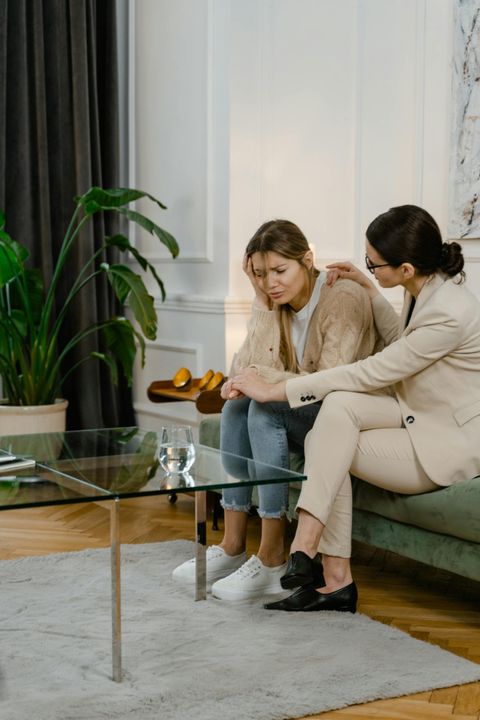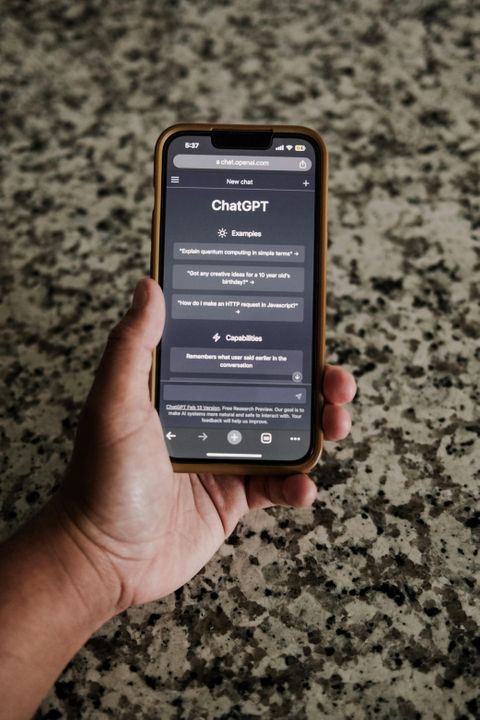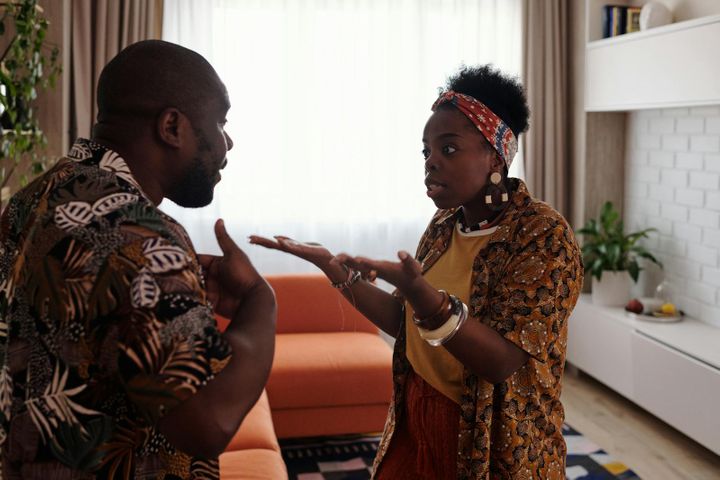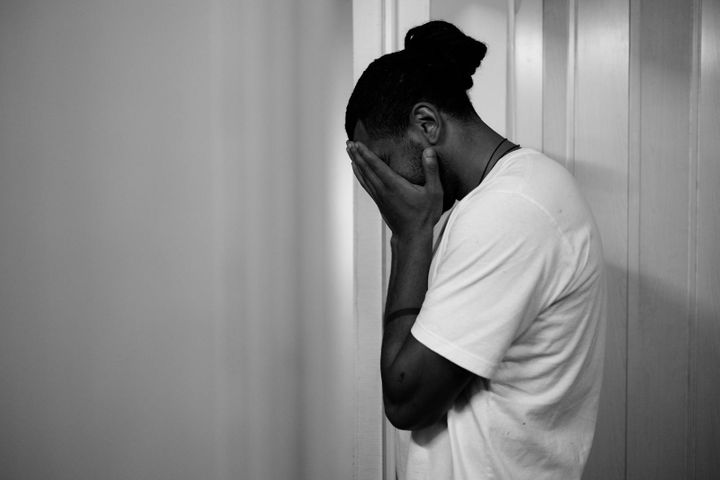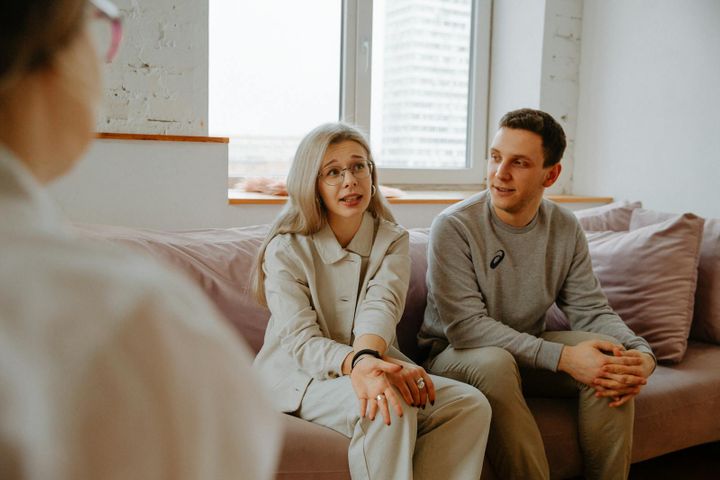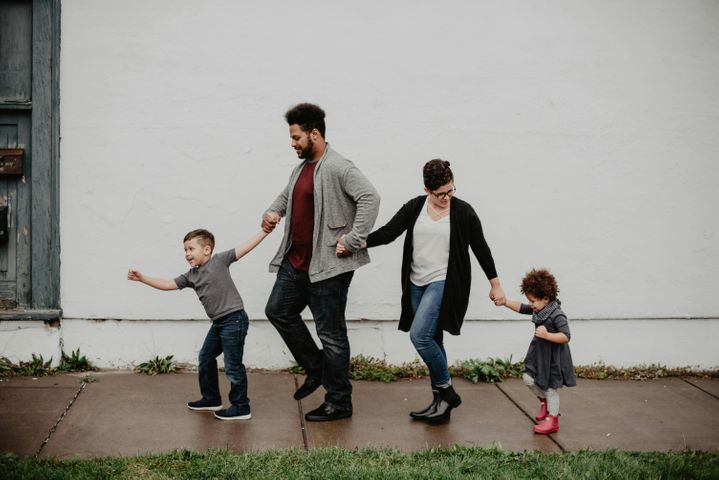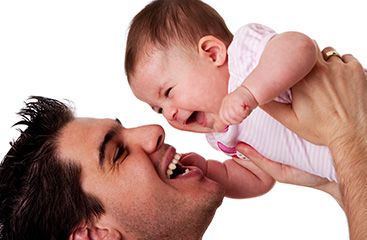Making Relationships Last
Want a more thriving relationship? Sign up here.
Blog
Stepmoms & Biological Moms: 7 Truths Nobody Talks About (But Should)
It’s one of the most emotionally charged relationships in a blended family—and nobody teaches you how to handle it.
When two women are connected to the same child but in different roles, things can get complicated quickly. Emotions run high. Assumptions get made. And without realizing it, a silent competition starts to take root.
If you’re in a blended family, chances are you’ve felt this tension—whether you’re a mom struggling to accept another woman in your child’s life, or a stepmom trying to find your place without overstepping.
Let’s unpack the emotional minefield between moms and stepmoms, with compassion for both sides. Here are 7 truths that don’t get talked about enough—but should.
1. You’re Both Deeply Invested in the Child’s Well-Being—But in Different Ways
Biological moms often feel a fierce protectiveness. They carried the child, nursed the fevers, and know their child’s quirks better than anyone. Their connection is biological, emotional, and historical.
Stepmoms, on the other hand, choose to love a child who isn’t biologically theirs. That takes courage and heart. Their investment may look different, but it’s just as real.
more5 ChatGPT Prompts That Will Save Your Relationship in the Heat of an Argument
We’ve all been there—your partner says something that instantly lights a fire in your chest. Your brain floods with a thousand things you want to say, and none of them sound like your highest self. The text you’re tempted to send? It’s a mic drop. But it’s also a relationship grenade.
Before you press send, open ChatGPT.
Seriously.
Over the last few months, I’ve turned ChatGPT into my go-to relationship wingman—especially in those highly reactive moments when I feel unheard, misunderstood, or flat-out furious. Instead of texting my spouse or venting to a friend, I type every raw, unfiltered thought into ChatGPT and ask for a rewrite that’s calm, clear, and connection-preserving.
It has completely changed the way I communicate. It’s my digital pause button. And today, I’m sharing the exact prompts you can use to stop damaging arguments before they start—and actually deepen your relationship in the process.
Here are 5 prompts that will help you navigate conflict, stay grounded, and speak with intention—even when emotions are high.
more10 Reasons Love Isn’t Enough in a Blended Family (And What Actually Works)
You love your partner. You love your kids. So why does life in your blended family still feel so… hard?
If you’ve ever thought, “Shouldn’t love be enough to make this work?” — you’re not alone. But blended families don’t thrive on love alone. They require clarity, alignment, and a whole lot of intentional leadership.
Here are 10 reasons love isn’t enough in a blended family — and what to focus on instead if you want peace, connection, and a true sense of “team” in your home.
1. Love Doesn’t Define Roles — Clarity Does
Without clear expectations, blended families fall into role confusion.
Are you the parent? The backup parent? The buddy?
What to do instead: Sit down and define your roles. Decide together who does what, especially when it comes to discipline, boundaries, and emotional support.
2. Love Doesn’t Fix Discipline Disagreements
Even couples who deeply love each other often have wildly different discipline styles. One might be strict, while the other is more relaxed.
more47 Empathy Statements to Improve Communication and Deepen Your Relationship in 2025
If you’ve ever watched Inside the Actor’s Studio with James Lipton, you know the moment—the one question he asked every guest that made them stop and reflect:
“What’s your favorite word?”
I used to roll that question around in my head like a smooth stone. If I were lucky enough to be in that iconic blue chair, what would I say? After 13 years of working exclusively with couples trying to find their way back to each other, I finally have my answer.
Empathy.
It’s not flashy. It’s not poetic. But it’s the reason relationships survive, repair, and thrive.
Why Empathy Still Wins in 2025
If you're tired of the constant scroll of “communication hacks” and “date night tips” that barely scratch the surface, I want to offer you something deeper. Because when it comes to truly connecting with the person you love, empathy isn’t a nice-to-have—it’s oxygen.
Empathy says:
“I see you. I’m with you. I get it.”
And when you offer that kind of emotional safety to someone, everything changes: fights de-escalate, walls come down, and vulnerability becomes a doorway—not a risk.
moreThe Real Reason Communication Breaks Down
Why “talking it out” often doesn’t work—and what to do instead
You’ve been told that communication is the key to a healthy relationship.
And maybe you’ve tried—really tried.
You’ve read the books. You’ve learned about “I” statements. You’ve even timed your discussions so you don’t bring up issues when emotions are running high.
But the same arguments keep circling back.
You feel unheard. Misunderstood. Stuck.
So here’s a truth most relationship advice skips:
Communication doesn’t break down because of what’s being said.
It breaks down because of what’s not being felt—emotional safety.
What Is Emotional Safety (and Why Does It Matter So Much)?
Emotional safety is that felt sense of:
“I can be myself around you. I can show you my pain, my fear, my raw edges—and I won’t be punished, dismissed, or rejected.”
more5 Ways to Stop the Cycle of Reactivity in Your Relationship
If you’ve ever found yourself saying, “We keep having the same fight over and over,” you’re not alone—and you’re likely stuck in a cycle of reactivity.
This cycle isn’t about what you fight about. It’s about how you react to each other when big feelings are triggered. And the good news? That cycle can be broken.
What Is the Cycle of Reactivity?
The cycle of reactivity is a repeating pattern where two people respond to each other’s behavior with defensiveness, blame, shutdown, or escalation. Instead of resolving a conflict, both partners end up feeling misunderstood, hurt, or even attacked.
Here’s what it often looks like:
One partner withdraws, the other pursues harder.
One criticizes, the other gets defensive.
One shuts down, the other explodes.
Round and round it goes—until someone learns how to pause the pattern.
Why It’s So Hard to Stop Reacting
When we feel hurt, scared, or rejected—especially by the person we love most—our nervous system goes into protection mode. That can look like:
moreHow Therapy Can Help You Heal Attachment Wounds
Attachment healing doesn’t mean erasing the past. It means developing new ways of relating to yourself and others—based on safety, worthiness, and mutual care.
Here’s how therapy helps:
1. Creates a Safe Relationship to Practice In
The therapist-client bond can become a "corrective emotional experience"—a relationship where you’re seen, heard, and valued consistently. This safety lays the foundation for healing.
2. Helps You Identify and Understand Your Patterns
Many attachment wounds operate subconsciously. A skilled therapist can help you spot your triggers, recognize self-sabotaging behaviors, and connect the dots between past and present.
3. Offers Emotional Regulation Tools
When old wounds get activated, it’s easy to spiral. Therapy teaches you how to ground yourself, manage anxiety, and respond with intention—not fear.
4. Encourages Self-Compassion and Reparenting
You learn how to offer yourself the love and validation you may have missed as a child. Reparenting helps rewire your inner dialogue and strengthen your emotional resilience.
moreWhat Is Emotional Safety in a Relationship—and Why It Matters More Than You Think
Emotional safety is one of those terms that gets tossed around in relationship conversations—but what does it really mean?
At its core, emotional safety is the sense that you can be your full, vulnerable self with someone without fear of judgment, rejection, or ridicule. It’s the feeling that you’re emotionally held, respected, and seen—even when things get hard.
In a world full of disconnection and defensiveness, emotional safety isn’t just nice to have. It’s essential.
What Emotional Safety Looks Like in Real Life
In emotionally safe relationships:
You can disagree without fear of being attacked or dismissed.
You’re allowed to feel angry, sad, anxious—or joyful—without being shamed.
You trust that your partner won’t use your vulnerabilities against you later.
You feel seen and accepted, even when you’re not at your best.
Mistakes lead to repair conversations—not silent treatments or blowups.
If that sounds idealistic, you’re not alone. Many people grow up without a clear model for emotional safety. But it can be cultivated, and it starts with awareness.
moreHow Couples Therapy Can Improve Your Relationship: More Than Just a Last Resort
When most people think of couples therapy, they imagine a last-ditch effort to save a relationship that’s falling apart. But here’s the truth: couples therapy isn’t just for crisis mode—it’s a powerful tool for strengthening your connection, deepening your understanding of one another, and building a partnership that can truly weather life’s ups and downs.
Whether you're struggling to communicate, navigating a big life change, or just feeling disconnected, couples therapy can help you find your way back to each other—and even build something better than before.
Here's a rundown of how couples therapy works, what you can expect, and the real ways it can improve your relationship.
1. It Creates a Safe Space for Honest Communication
One of the most immediate benefits of couples therapy is having a neutral space to talk—really talk. For many couples, conversations about difficult topics quickly turn into arguments, defensiveness, or shutdowns. Over time, it becomes safer to say nothing than to say the wrong thing.
moreThe Blended Family Alignment Blueprint: End Power Struggles & Parent as a Team
Blending a family is not for the faint of heart. It's a brave, bold, and deeply rewarding endeavor—but let’s be real: it also comes with challenges that traditional families may never face. If you’re navigating the world of step-parenting, ex-spouses, different parenting styles, and ever-shifting household dynamics, you’re not alone—and you’re not doing it wrong. You’re just in a complex situation that needs a clear, aligned plan.
Enter: The Blended Family Alignment Blueprint.
This is your roadmap to ending power struggles, dissolving tension, and showing up as a unified parenting team—no matter how complicated the family tree may look.
Why Alignment is the Missing Piece in Most Blended Families
It’s common for blended families to get stuck in survival mode. You're trying to manage logistics, respect boundaries, keep the peace, and raise happy, healthy kids… all while balancing the emotional complexities that come with co-parenting and step-parenting.
more
